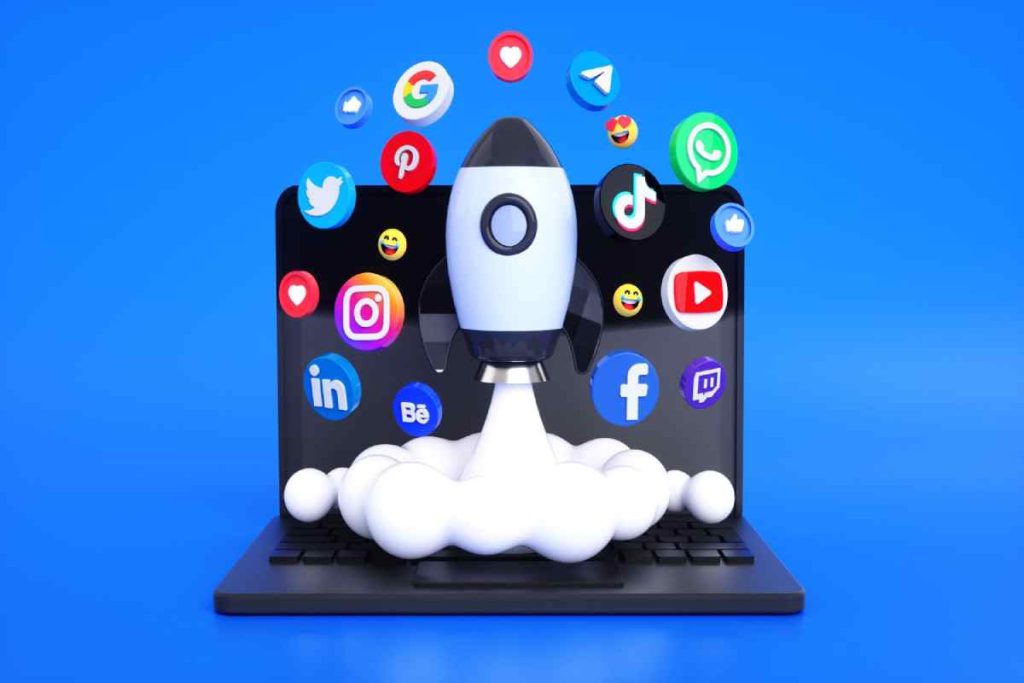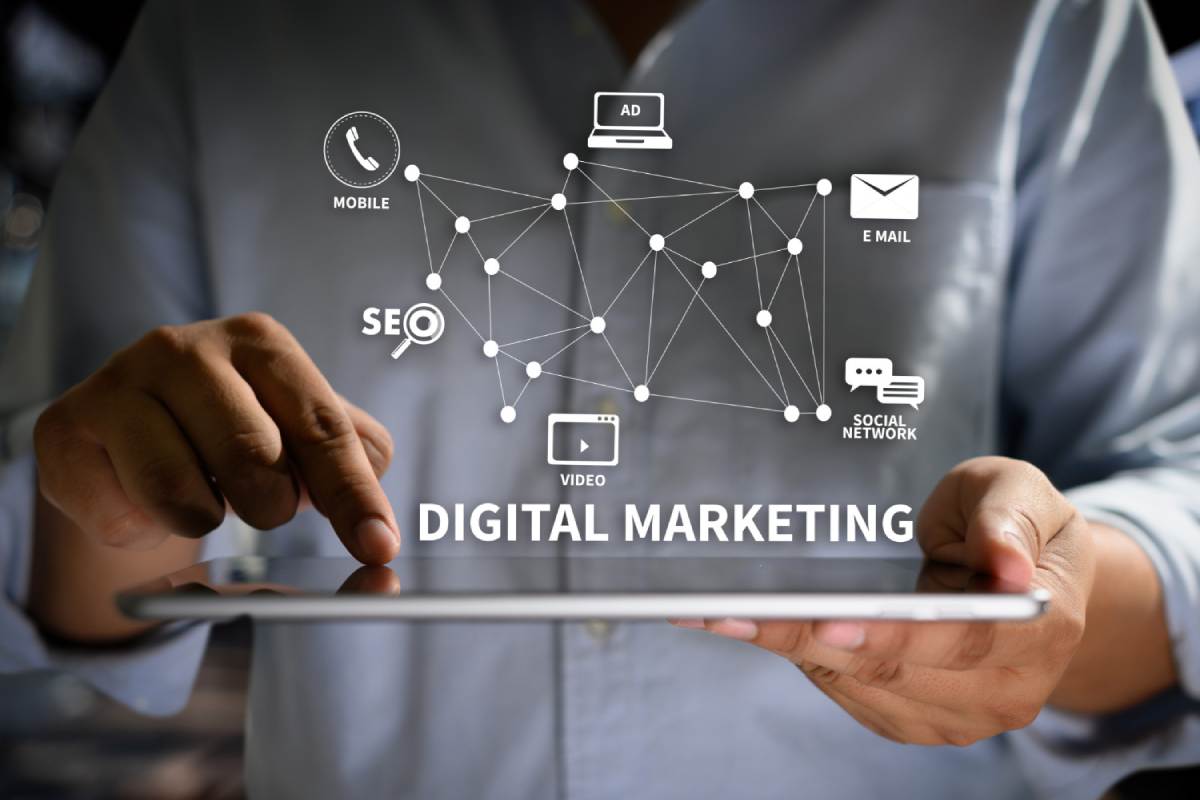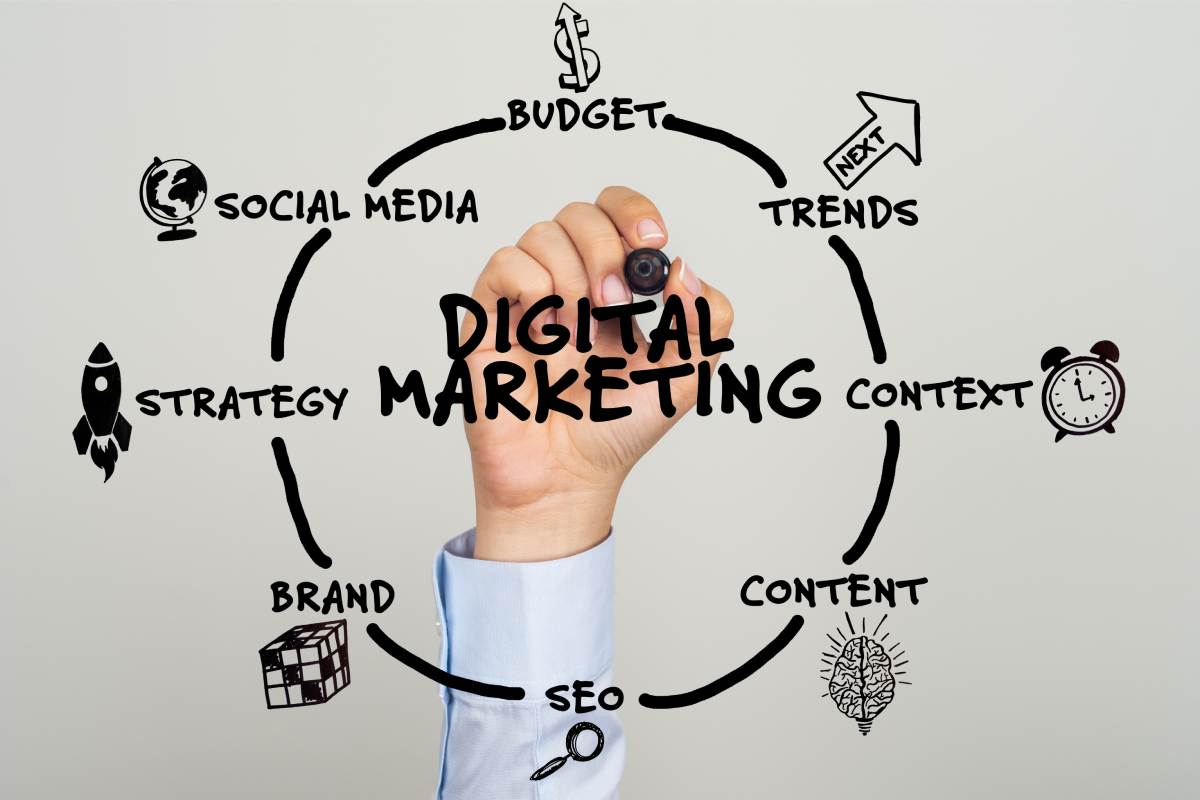Focus on First-Party Data Collection
As privacy regulations tighten and third-party cookies phase out, digital marketing professionals must prioritize first-party data collection. This involves gathering information directly from your audience through contact forms, newsletter sign-ups, customer interactions, and CRM systems. First-party data provides more accurate and reliable insights compared to third-party alternatives. By building trust with users and offering clear value in exchange for their data, marketers can personalize campaigns while remaining compliant with global regulations. For a sustainable future in digital marketing, owning and properly managing your data will be critical for targeting, segmentation, and conversion optimization.
Prioritize Omnichannel Customer Journeys
The modern consumer interacts with brands across a variety of platforms, making an omnichannel approach essential in digital marketing. Businesses must ensure consistent messaging and seamless experiences across websites, apps, email, social media, and even in-store interactions. This strategy improves engagement, reduces friction, and increases conversions by meeting customers where they are. Advanced tracking and automation tools help unify these channels under a single marketing strategy. In 2025, digital marketing success will depend on how well businesses orchestrate these connected journeys to deliver value and build long-term loyalty.
Invest in AI-Powered Marketing Automation
Artificial intelligence is transforming digital marketing by enabling more efficient and accurate automation. Tools powered by AI can analyze vast amounts of customer data to identify trends, predict behavior, and personalize messaging at scale. From chatbots to dynamic content generation and email workflows, AI-driven automation saves time while enhancing customer experiences. Marketers should leverage these capabilities to increase operational efficiency and make data-backed decisions. As competition intensifies in 2025, implementing smart AI tools will be a cornerstone of successful digital marketing campaigns.
Make Video the Heart of Content Strategy
Video continues to dominate content consumption trends and should be central to any digital marketing plan in 2025. Whether through short-form reels, product demos, webinars, or testimonials, video content enhances engagement and helps communicate complex ideas more effectively. Search engines and social platforms prioritize video in their algorithms, making it a key asset for visibility. Brands that consistently publish high-quality video content build trust and drive stronger emotional connections with their audience. As a core tool in digital marketing, video fosters retention and encourages deeper interactions across the customer journey.
Optimize for Voice and Visual Search
As technologies evolve, voice and visual search are reshaping digital marketing practices. Consumers increasingly rely on smart devices to search using spoken commands or images instead of text. To remain competitive, marketers must structure content with natural language queries and include metadata optimized for search engines. Implementing schema markup, FAQs, and alt-text also enhances visibility across search types. Additionally, platforms like Pinterest Lens and Google Lens are driving traffic through visual queries. To keep up with these emerging behaviors in digital marketing, businesses must ensure their digital assets are optimized beyond traditional text searches.
Leverage Micro-Influencers for Niche Reach
Micro-influencers are gaining momentum in digital marketing because of their highly engaged, loyal audiences. Unlike celebrities or mega influencers, micro-influencers offer authentic content that resonates deeply with niche demographics. Collaborating with these creators can generate more trust and higher conversion rates, particularly for targeted campaigns. Additionally, they are more cost-effective and easier to manage, making them a smart choice for brands seeking quality over quantity. In 2025, digital marketing strategies that focus on genuine partnerships with influencers will outperform those driven solely by large follower counts.
Conclusion
Achieving success in digital marketing in 2025 requires a proactive, adaptive, and audience-focused mindset. With evolving technologies, changing consumer behavior, and increasing demand for transparency, marketers must shift from traditional tactics to more integrated and ethical approaches. From leveraging AI and automation to enhancing omnichannel experiences and collecting first-party data responsibly, each strategy plays a crucial role in delivering measurable results. By prioritizing personalization, inclusivity, and innovation, businesses can differentiate themselves in saturated markets. As digital marketing continues to mature, those who stay ahead of the curve and build meaningful connections with their audience will thrive in a competitive digital landscape.
Frequently Asked Questions
- What is the best digital marketing strategy for 2025?
Personalization using AI and first-party data is expected to lead in effectiveness. - Is email marketing still relevant?
Yes, especially when combined with automation and targeted segmentation. - How can small businesses compete in digital marketing?
By using micro-influencers, local SEO, and leveraging affordable automation tools. - Why is video content so important?
It boosts engagement, retention, and is favored by most platform algorithms. - What is the future of cookies in digital marketing?
Third-party cookies are being phased out, making first-party data crucial. - Do I need to optimize for voice search?
Yes, voice search is growing, and optimizing for natural language helps capture traffic. - How does ethical branding impact marketing?
It builds trust and long-term relationships with values-driven consumers. - Can automation replace marketers?
No, but it enhances productivity and allows marketers to focus on strategy and creativity. - Is visual search really used by consumers?
Yes, especially in e-commerce and fashion industries where image search is growing. - What are micro-influencers?
Influencers with smaller but highly engaged followings, ideal for niche targeting.







